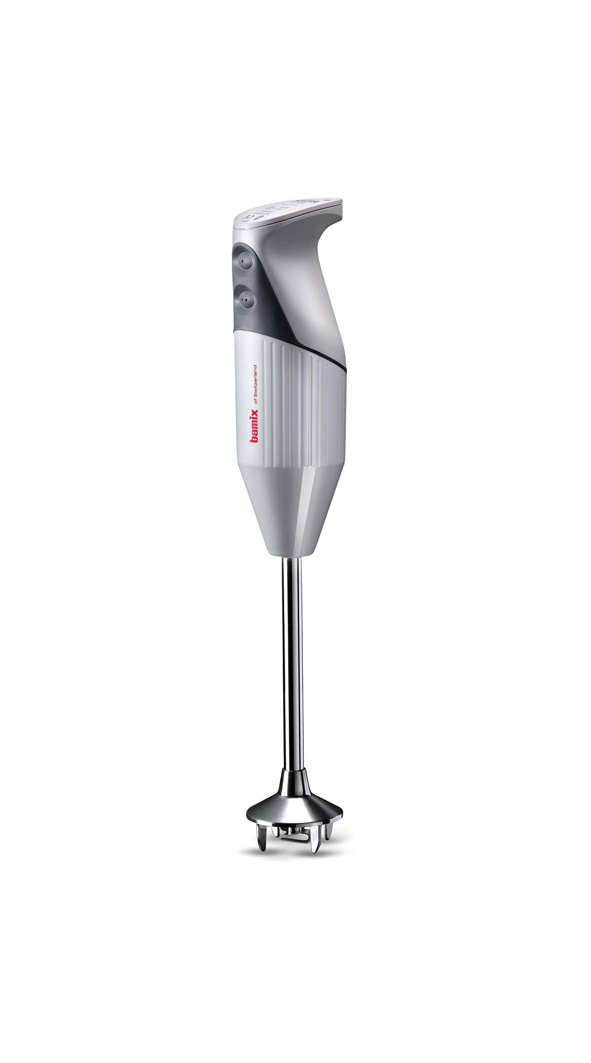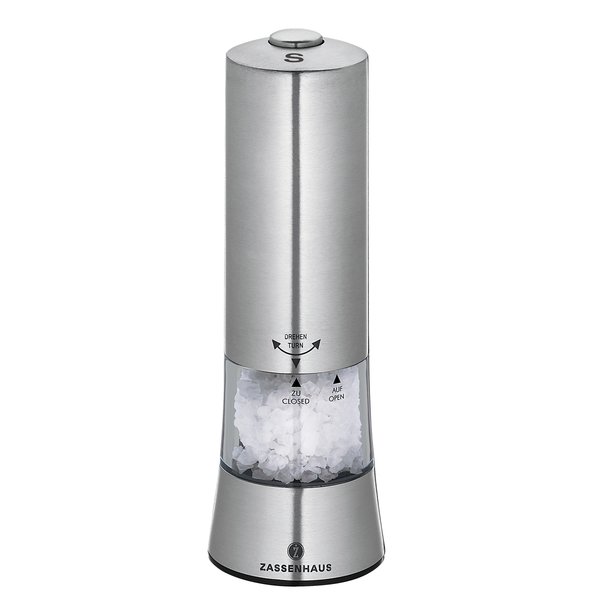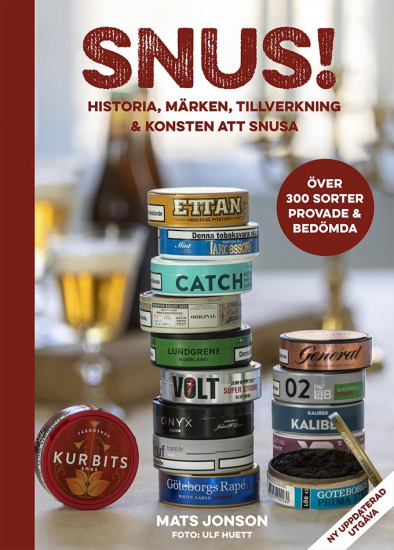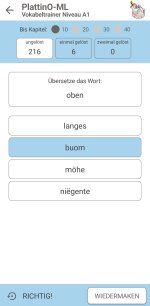Latest on MJJC
- Latest Michael Jackson News
- Click Here to Join Our Community
- Follow us on X
- Wanna talk Michael? Come join the chat rooms
- The Michael Jackson Chart Watch
- Become an MJJC Patron
- Join the Premium Member Group and Get Lot's of Extra's
- Major Love Prayer - Worldwide Monthly Prayer Every 25th
- MJJC Exclusive Q&A - We talk to the family and those in and around Michael
- Join us in the Chat Rooms
- Find us on Facebook
You are using an out of date browser. It may not display this or other websites correctly.
You should upgrade or use an alternative browser.
You should upgrade or use an alternative browser.
The Last Person to Post in This Thread Wins
- Thread starter Expressions of Passion
- Start date
Agonum
Moving Violation
Salladskvarn in Swedish. (I suppose.)What is this? Does it have knives? Never seen this. If you use it to cut lettuce it would be a SALATSCHNEIDER, a cutter, ...
zinniabooklover
Proud Member
- Joined
- Mar 3, 2022
- Messages
- 24,118
- Points
- 113
wintercealde wræce
Agonum
Moving Violation
Isn’t Schleifer = Swedish ‘kvarn’?schleifen = 1. sanding (a piece of wood, for example); 2. dragging sth behind you
schleudern= 1. spinning/to spin, 2. to skid (car on ice for example)
Peppar- och (respektive) saltkvarn.

Väderkvarn.
“den som kommer först till qvarnen, får först malet” (1880), from Sachsenspiegel (1220–1235): “Die ok irst to der molen kumt, die sal erst malen.” (‘He who comes to the mill first shall grind first.’)
Agonum
Moving Violation
I’m useless when it comes to anything related to kitchen, but isn’t the first one a ‘mixerstav’? (“mixing stick”?)What would you call these three adaptations? )))
And just maybe, was there a glimpse of a ‘kvarn’ in there, too?

Mixerstav.

(Elektrisk) saltkvarn.

Pratkvarn.
hope
Proud Member
- Joined
- Jan 15, 2023
- Messages
- 2,096
- Points
- 113
Okay, so that's the name.I’m useless when it comes to anything related to kitchen, but isn’t the first one a ‘mixerstav’? (“mixing stick”?)
And just maybe, was there a glimpse of a ‘kvarn’ in there, too?

Mixerstav.
There's no mill.
That's unexpected.) Sometimes silence is gold.
(Elektrisk) saltkvarn.

Pratkvarn.
Fuzball
Proud Member
- Joined
- Sep 5, 2017
- Messages
- 6,323
- Points
- 113
bluemoon7
Premium Member
Isn’t Schleifer = Swedish ‘kvarn’?

Peppar- och (respektive) saltkvarn.
Pfeffermühle, Salzmühle
mahlen = to grind

Väderkvarn.
“den som kommer först till qvarnen, får först malet” (1880), from Sachsenspiegel (1220–1235): “Die ok irst to der molen kumt, die sal erst malen.” (‘He who comes to the mill first shall grind first.’)
Mühle = mill
bluemoon7
Premium Member
I’m useless when it comes to anything related to kitchen, but isn’t the first one a ‘mixerstav’? (“mixing stick”?)
And just maybe, was there a glimpse of a ‘kvarn’ in there, too?

Mixerstav.
Mixstab

(Elektrisk) saltkvarn.
Elektrische Salzmühle lol
prat = Niederdeutsch in my area: "proten"
Pratkvarn.
Agonum
Moving Violation
Richtig!
bluemoon7
Premium Member
Mühle? (engl. mill)Molen?
bluemoon7
Premium Member
So .... 
The verbs we talked about. In German:
schleifen = a) to grind (sharpen the knife before using), to sand (the the wooden table)
b) to drag something or someone along the floor (example: Linus von den Peanuts schleift seine Decke hinter sich her)
schneiden = to cut
schleudern = to skid (on an icy road), to hurl (a rock into the lake), to spin (Ich schleudere den Salat, die Waschmaschine schleudert die Wäsche)
mahlen = to grind, to mill (In German you "mahlen" the grain as well as coffee beans)
die Mühle = the mill (Getreidemühle, Pfeffermühle, Wassermühle, Kaffeemühle, ...)
die Tretmühle = tread mill
mischen, mixen = to mix
The verbs we talked about. In German:
schleifen = a) to grind (sharpen the knife before using), to sand (the the wooden table)
b) to drag something or someone along the floor (example: Linus von den Peanuts schleift seine Decke hinter sich her)
schneiden = to cut
schleudern = to skid (on an icy road), to hurl (a rock into the lake), to spin (Ich schleudere den Salat, die Waschmaschine schleudert die Wäsche)
mahlen = to grind, to mill (In German you "mahlen" the grain as well as coffee beans)
die Mühle = the mill (Getreidemühle, Pfeffermühle, Wassermühle, Kaffeemühle, ...)
die Tretmühle = tread mill
mischen, mixen = to mix
Last edited:
bluemoon7
Premium Member

Snus.
One day I am doing quite well understanding your Swedish posts and some days, like today lol, I only understand train station lolol.
Like my brain has a language glitch.
Snus = Schnupftabak?
proverb:
Ich verstehe nur Bahnhof
= literally: All I understand is train station!
= meaning: I don´t understand a thing!
zinniabooklover
Proud Member
- Joined
- Mar 3, 2022
- Messages
- 24,118
- Points
- 113
zinniabooklover
Proud Member
- Joined
- Mar 3, 2022
- Messages
- 24,118
- Points
- 113
schleifen = a) to grind (sharpen the knive before using),
I like this. Very appealing.
N.B. knives (pl.), knife (sing.)
I like this. Very appealing.
N.B. knives (pl.), knife (sing.)
zinniabooklover
Proud Member
- Joined
- Mar 3, 2022
- Messages
- 24,118
- Points
- 113
bluemoon7
Premium Member
Oh, thanks!schleifen = a) to grind (sharpen the knive before using),
I like this. Very appealing.
N.B. knives (pl.), knife (sing.)
zinniabooklover
Proud Member
- Joined
- Mar 3, 2022
- Messages
- 24,118
- Points
- 113
It's cold. Our brains are being frozen. Well, mine is!Oh, thanks!How did that happen lol
Fuzball
Proud Member
- Joined
- Sep 5, 2017
- Messages
- 6,323
- Points
- 113
Agonum
Moving Violation
Yes. But how about ›der molen‹ in »Die ok irst to der molen kumt, die sal erst malen«? I suppose this is Lower German, and it should also be noted that it is from the 13th Century.Mühle? (engl. mill)
Also, I’m surprised that linguistic sample does not have its proper noun given with initial capital letter. Is that a more modern thing, then? Or could it perhaps be, that I am in fact completely lost and don’t know the first thing of what I’m trying to say? You tell me!
Preach it, sister!
bluemoon7
Premium Member
Yes. But how about ›der molen‹ in »Die ok irst to der molen kumt, die sal erst malen«? I suppose this is Lower German, and it should also be noted that it is from the 13th Century.
I am no expert on early German languages, but if I remember correctly the scentence translates:
Wer zuerst zu der Mühle kommt, der soll auch zuerst mahlen.
Who first arrives at the mill, shall therefore mill first. (The translation tries to stay close to the original wording, not very elegant)
Also, I’m surprised that linguistic sample does not have its proper noun given with initial capital letter. Is that a more modern thing, then? Or could it perhaps be, that I am in fact completely lost and don’t know the first thing of what I’m trying to say? You tell me!
Yes! Also, older versions of German don´t have a standardized grammar, like we have today. There were variations.
I want to respond with AMEN lol, but bear with me, my uni years are long gone ....Preach it, sister!



